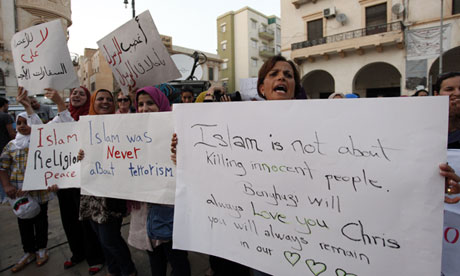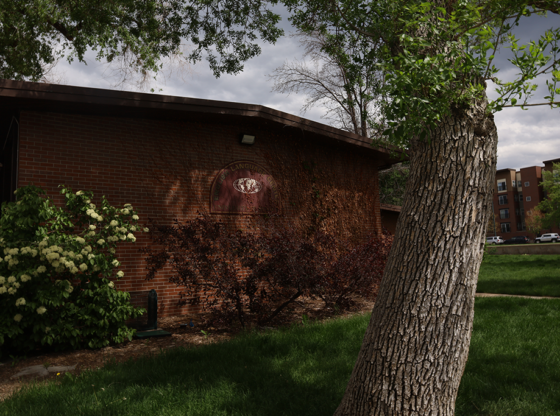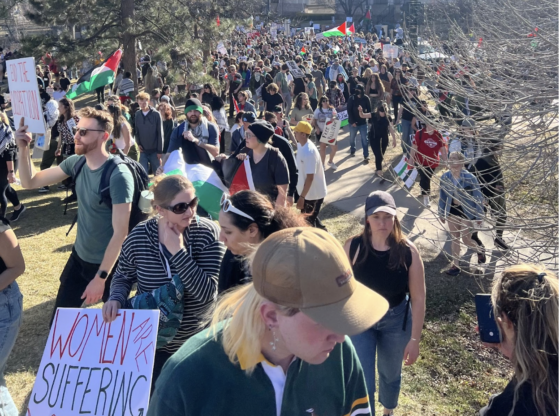The recent outrage in the Muslim world over a U.S.-made film insulting the prophet Muhammad may seem excessive to many Americans.
After all, it’s just a low-quality Internet video produced by a few bigoted amateurs. Do Muslims really assume that such ignorance and ill-will speaks for America as a whole? And how could any video warrant such murder, bloodshed and property destruction, much less call for the annihilation of an entire country?
Considering the bloodshed and anti-American sentiments, we must remember that bigotry can run both ways and take many different forms.
Put simply, all this virulent animosity is about a lot more than just some tasteless video.
It is unfortunate and ironic that these radicals should further pre-existing negative Western impressions of Islam by going so far overboard.
Likewise, it would also be a shame if non-Muslim Americans were to think that the Muslims we’re seeing in the media–attacking Western embassies, hurling rocks and committing murder to defend their prophet – were representative of either Islam or of Muslims in general.
Muslim leaders across the world have decried the violent acts of protesters as well as the film that sparked the furor, consistent with the fact that the Quran explicitly condemns murder and hatred. A look into the Muslim holy book reveals that it actually contains less violence than does the Bible.
In the past couple of years, folks in Tennessee decided to band together and oppose the opening of a mosque on the grounds that Islam isn’t a real religion.
While the bulk of Americans are not so small-minded, a 2011 Gallup poll found that around half of Muslim-Americans felt that they’d experienced discrimination in the past year.
According to a survey last year by CBS News and the New York Times, nearly one in three Americans believe their Muslim compatriots are more sympathetic to terrorists than other groups. While in contrast, the Gallup poll cited earlier showed that only 10 percent of Muslim Americans think that other Muslim Americans hold sympathies for Al Qaeda.
We additionally have to recognize that Islamic violence in general is inextricably linked to a variety of complex geopolitical factors.
The U.S. provides more foreign aid to Israel, a developed nation, than to any other country in the world – and this cash flows primarily in the direction of military funding to support Israel’s occupation of Palestinian territories. Add in two prolonged occupations of Islamic states staged by the United States in the past decade and it’s easier to understand the foundation of anti-American sentiment in the Muslim world.
Moreover, it is in countries lacking strong democratic traditions and security structures that the worst violence has taken place, countries where high levels of poverty and unemployment breed radicalization and antipathy towards the West.
At a time when relations between the United States and the Islamic world are already strained, both parties must resist any temptation to generalize the other as a homogenous lot of degenerate, malicious reactionaries.
As the Sikh temple shooting in Milwaukee this summer and the 2011 Norway massacre demonstrate, intolerance and extremism can affect anyone. As the planet grows increasingly interconnected, we all have a stake in this.
If we wish to live in a safer, more rational and more positively cooperative global society, we have to be willing to look beneath the surface of shocking, divisive events and instead open our minds to more sensitive and nuanced understandings.











